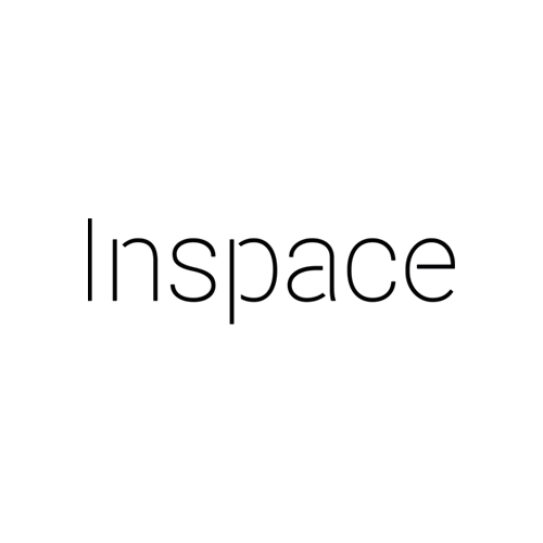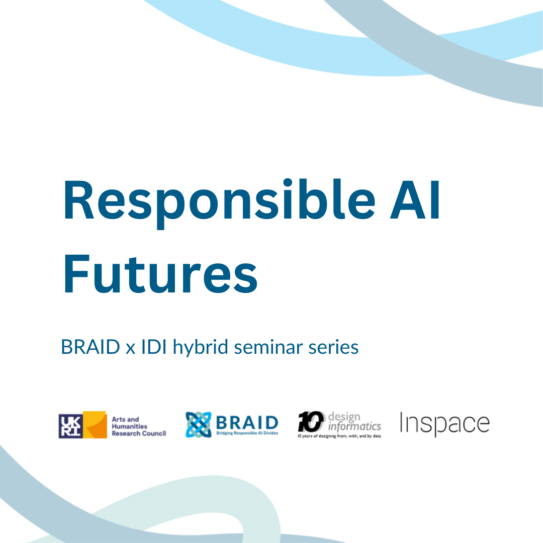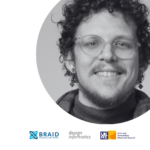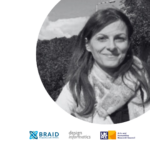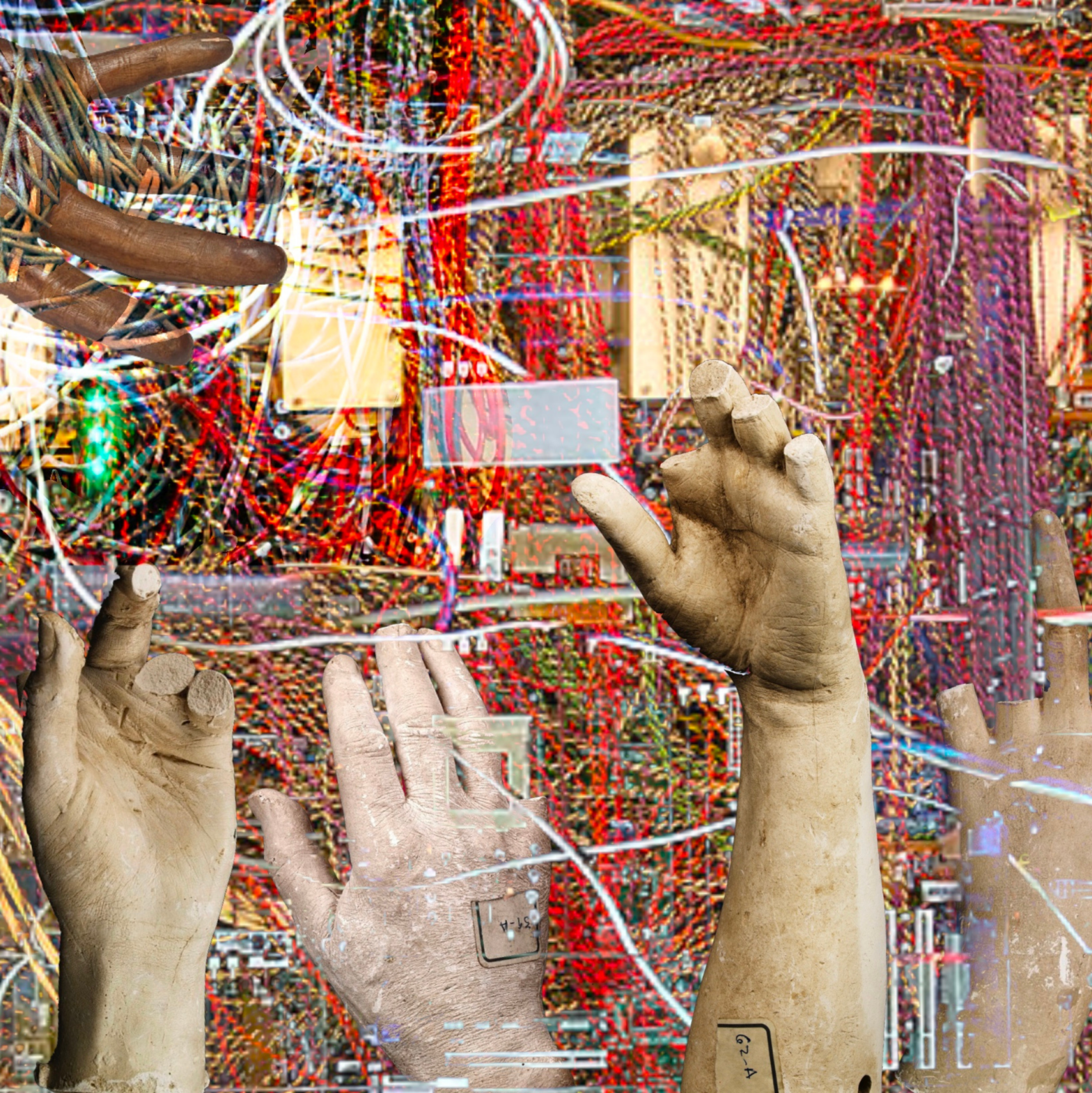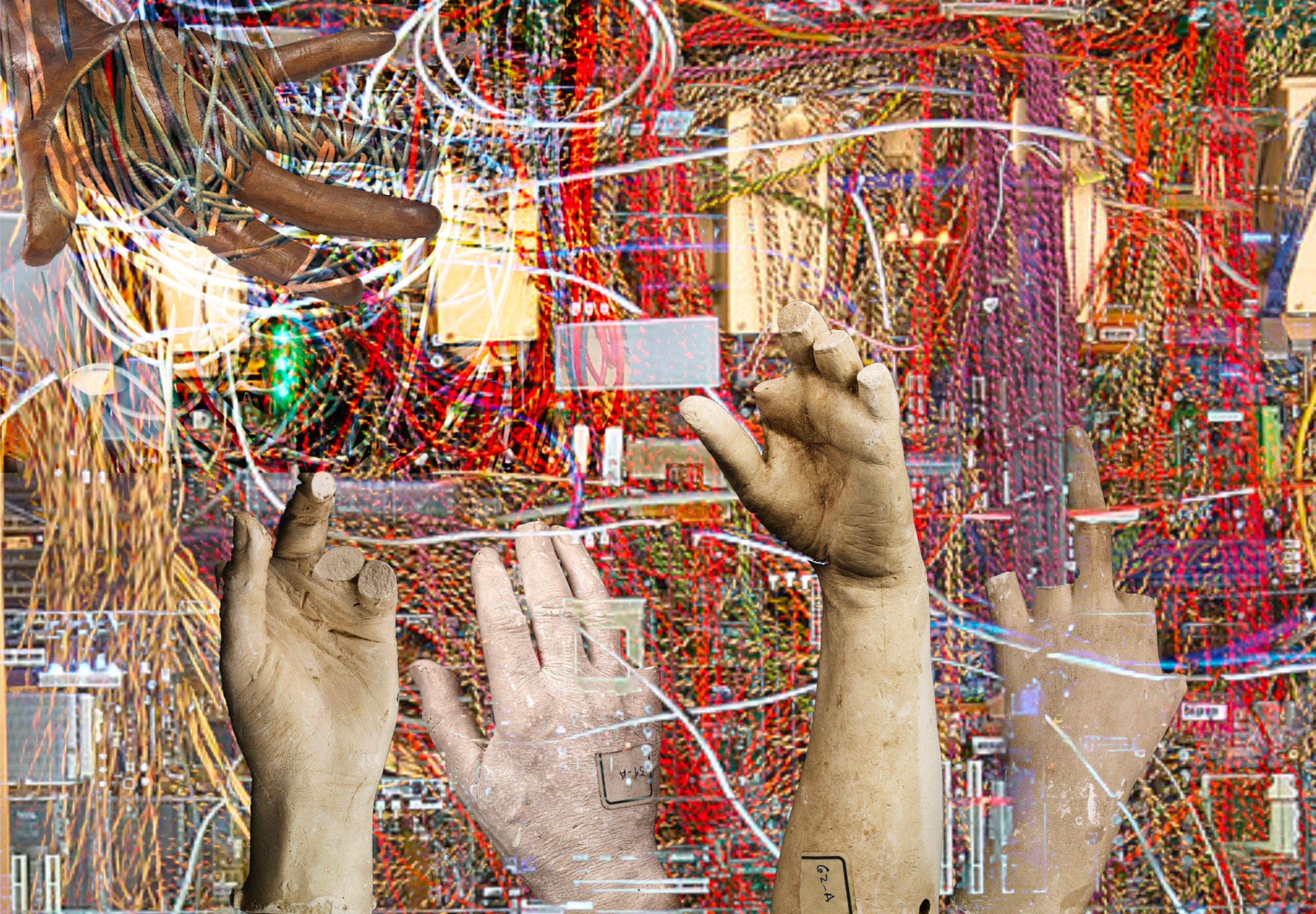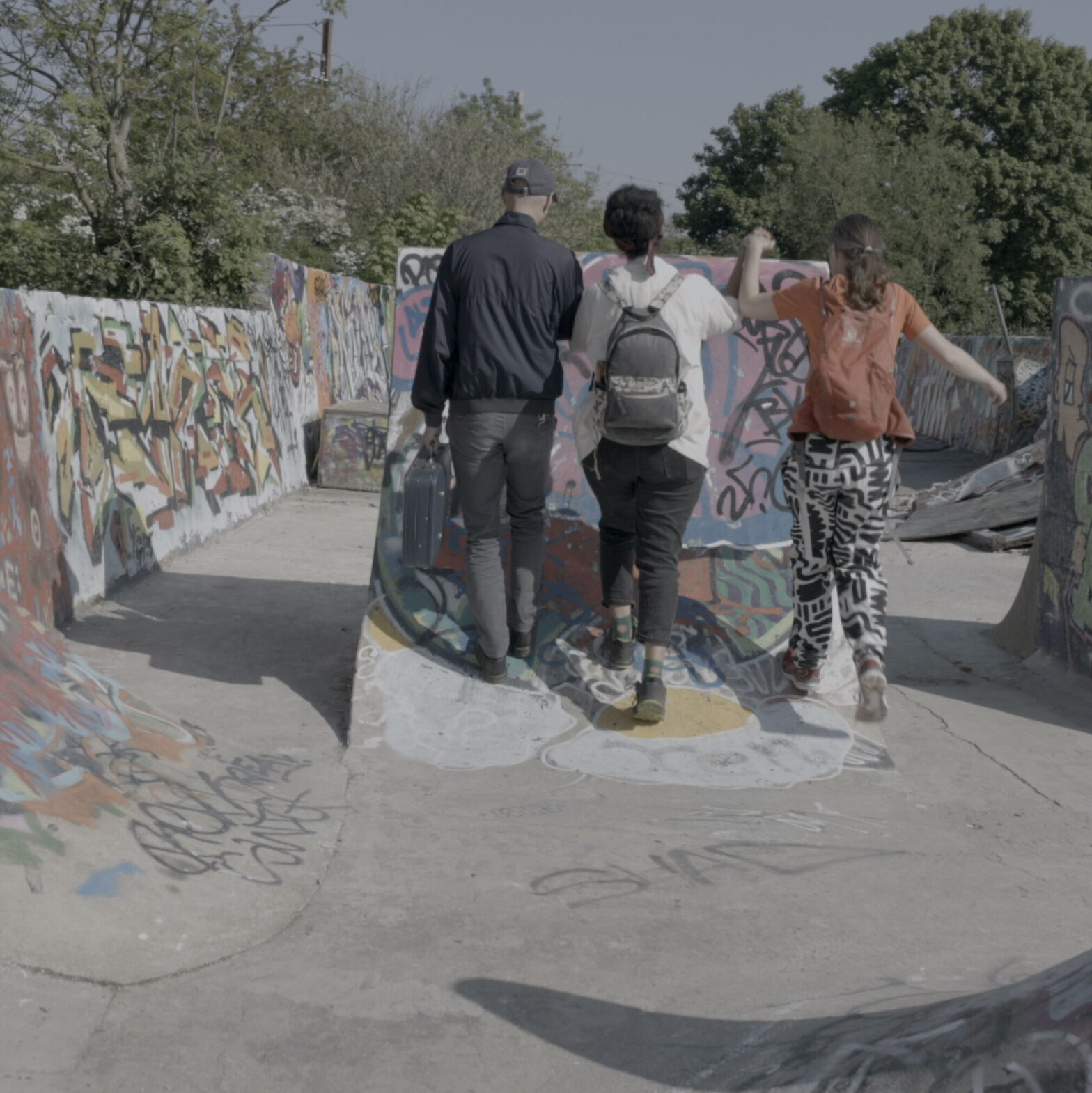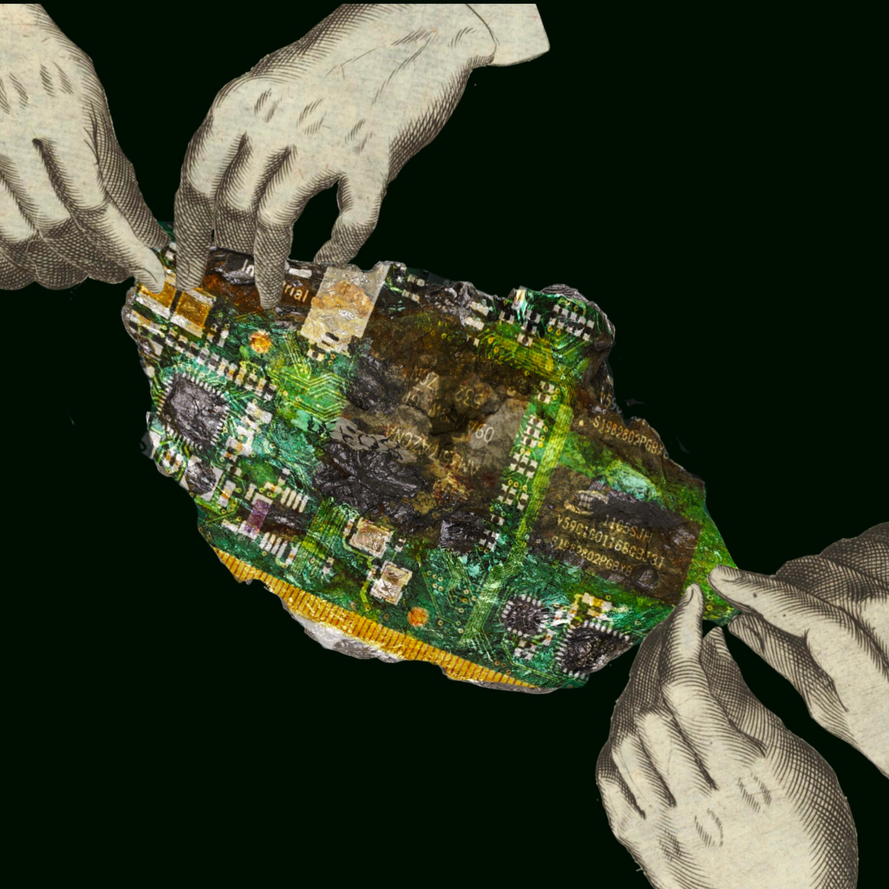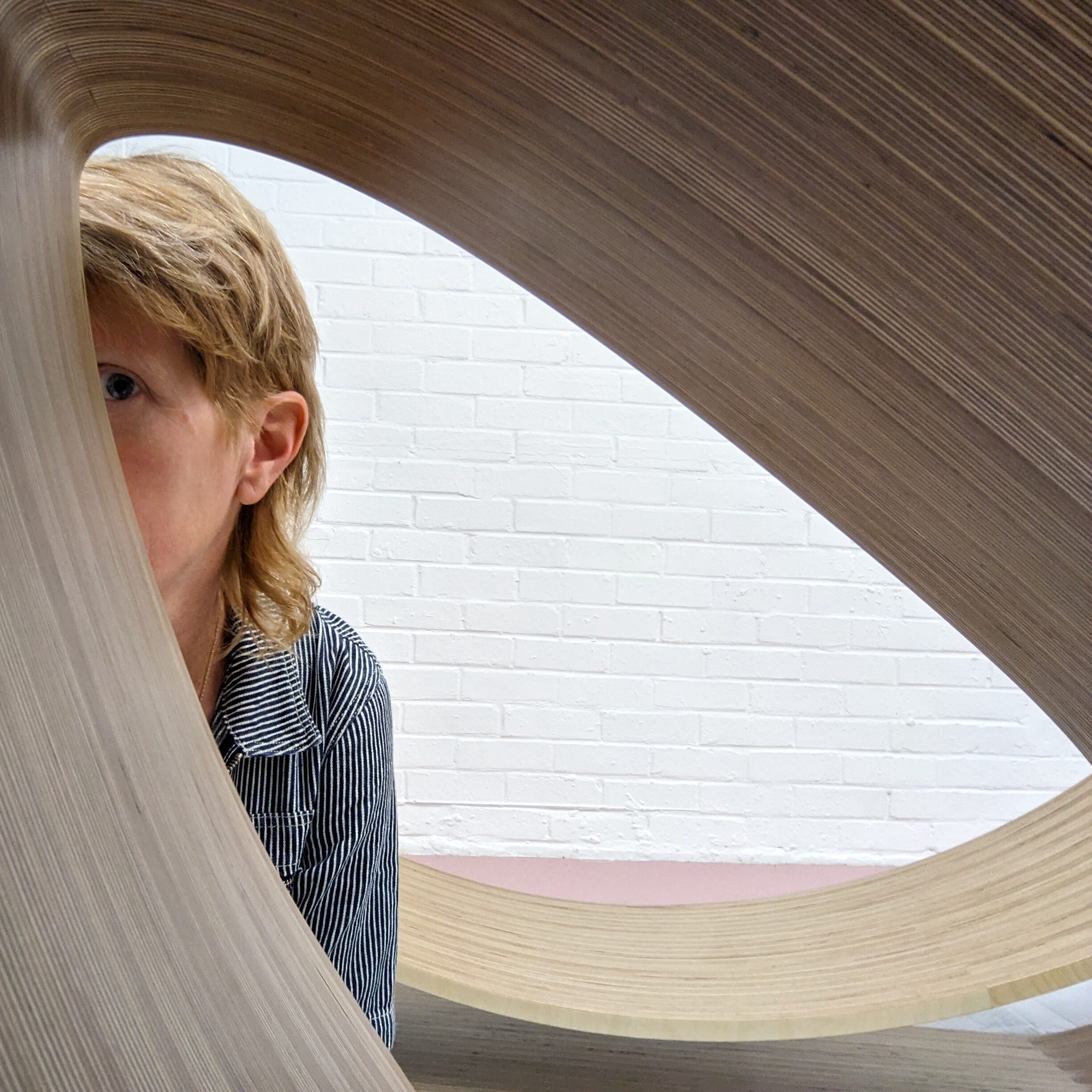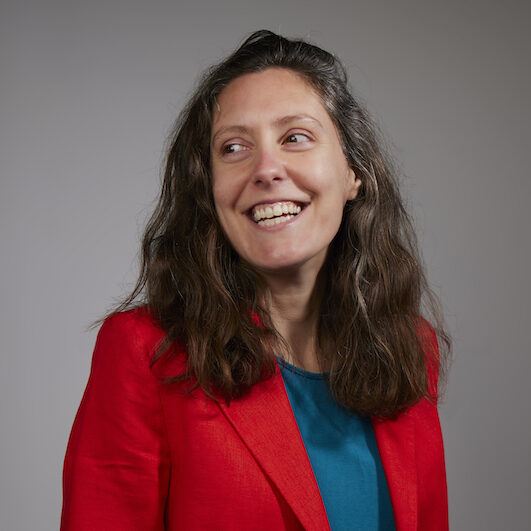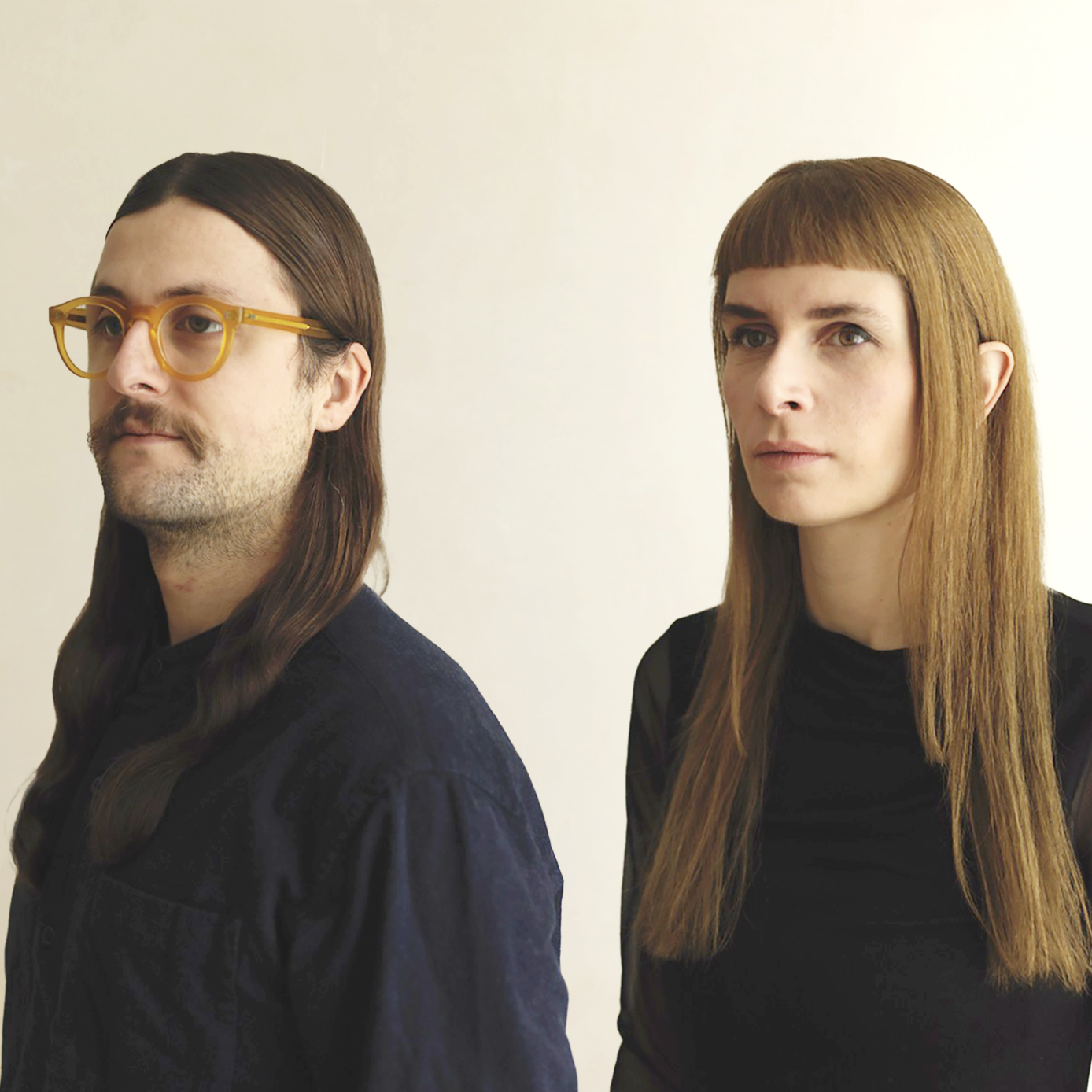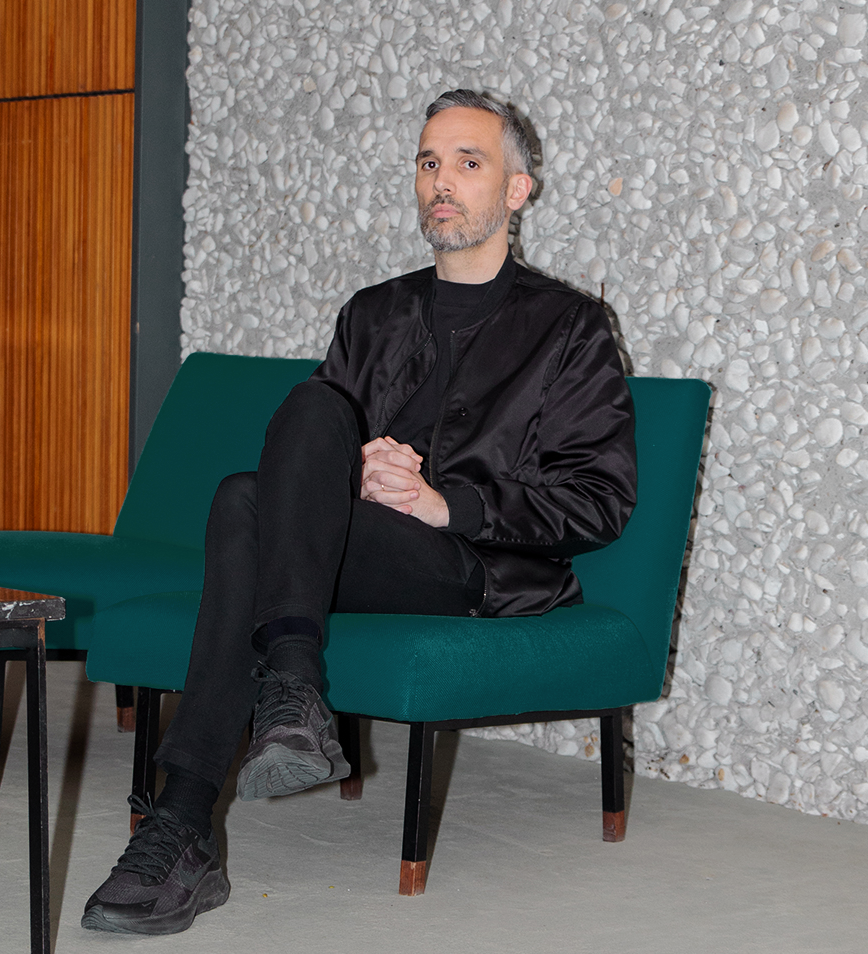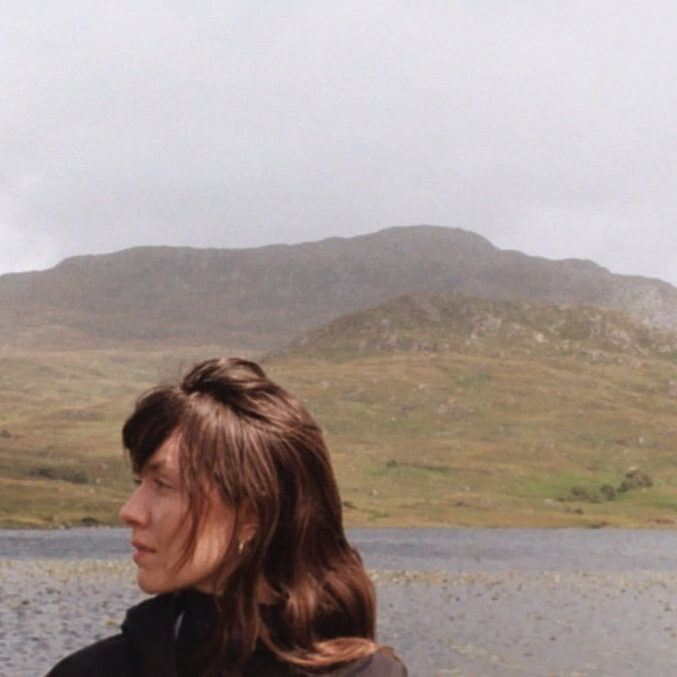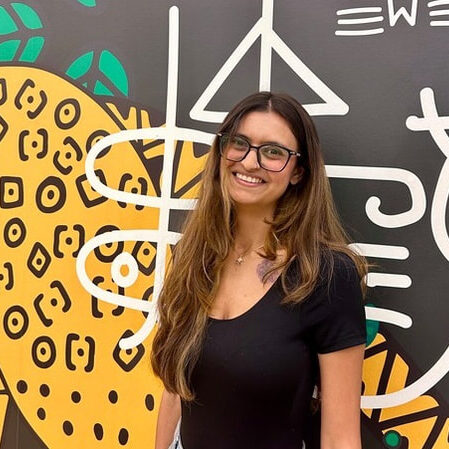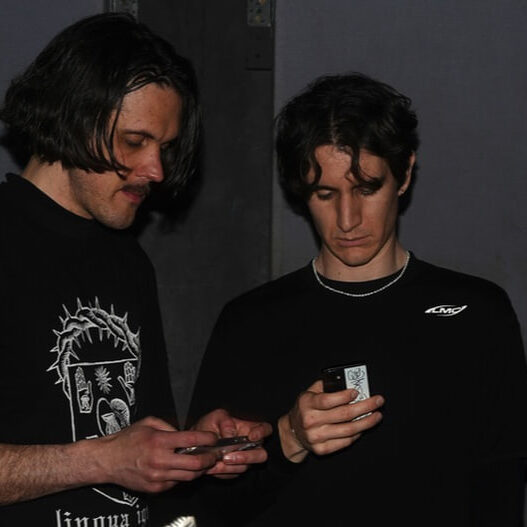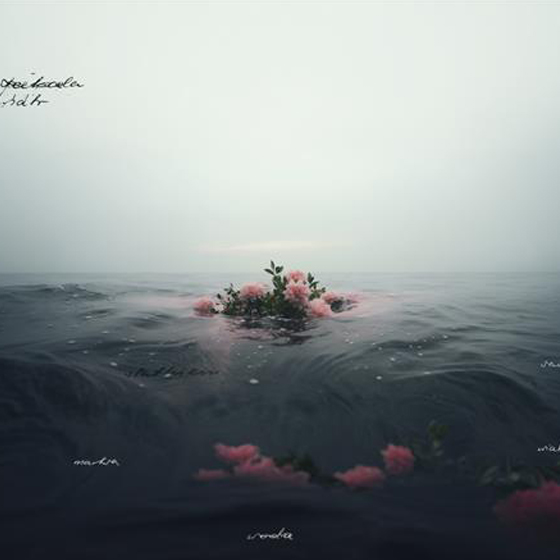From intergalactic connections of data, technology and matter, to biomaterials and human-centred design, this is just a glimpse of the two featured exhibits Inspace will present at this year’s Festival.

We are delighted to announce that we are back again this year partnering with the Edinburgh Science Festival to bring you two featured exhibitions along with performances and late events.
This year’s Edinburgh Science Festival theme of Spaceship Earth draws on inspiration from science fiction and science fact, questioning how we might better live on Earth. As scientists begin to ponder the wonders of long-term space travel, the Festival invites visitors to enter the mind of an astronaut as a poignant reminder that resources on earth are finite and that we have the tools to utilise to create a sustainable future for us all.
– Edinburgh Science Foundation
Check out the programme highlights below and we look forward to seeing you there!
Programme highlights
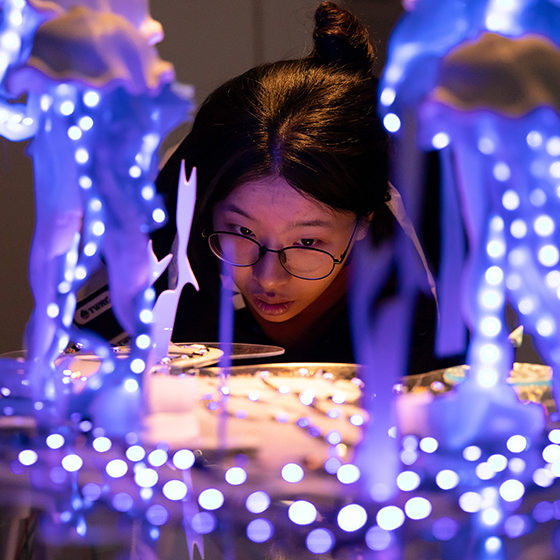
Sat-Mon, 5 – 7 Apr, 2025
Design, Data and Beyond exhibition at Inspace features the work of Design Informatics MSc/MA students presenting a series of creative prototypes which explore their intergalactic connections of data, technology and matter and that reflect on human (and beyond human) experiences of the future.
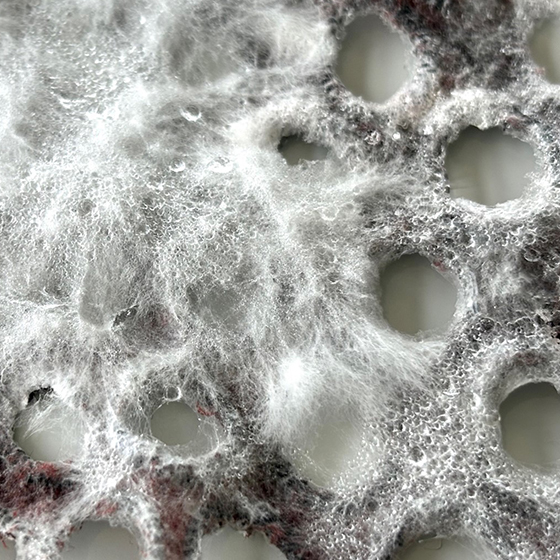
Sat-Sun, 19 – 27 Apr, 2025
Operation Biodegradable exhibition and event programme at Inspace presents artwork, artefacts and prototypes by staff, students and graduates at the University of Edinburgh inviting you to engage with and understand the challenges and potential solutions in designing an operating theatre that better supports surgeons and the environment.
About Edinburgh Science Festival
Edinburgh Science Foundation is an educational charity, founded in 1989. Best known for organising Edinburgh’s annual Science Festival – the world’s first public celebration of science and technology as a festival – as well as their science education outreach programmes, Generation Science and Careers Hive and their community engagement work. Their mission is to inspire, encourage and challenge people of all ages and backgrounds to explore and understand the world around them.
About the Institute for Design Informatics
In the Institute for Design Informatics, we fuse design and creative methodologies with data, data science and data-driven technologies. We create prototypes and experiences that make real to people the ideas that underpin the data society, and aim to ensure that new technologies sustain and enhance human values.
About Inspace
Inspace is part of the Institute for Design Informatics and is a collaborative hub, commissioning and producing creative activity. Our public programme connects data, research and creative talent. We host events and exhibitions where people can explore, learn, debate and create. Our programme unlocks digital technologies, tools and data and explores their role in society through a creative lens. We are home to Inspace City Screens, a unique seven screen street front projection space visible from Potterrow in Edinburgh.

